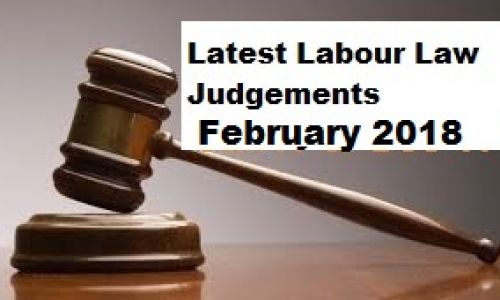One question that always comes up when starting to measuring employment engagement is about benchmarking.
The best advice about benchmarking is that while industry benchmarks are important, you should put more focus on improving yourself.
Always work to improve yourself and compare yourself to your own previous month.
Another question that is bound to come up in the process is how often to measure. There is no hard rule here but you want to measure frequently.
The more frequent, the better, because you want to have the most accurate and complete data possible.
For an employee to be truly engaged at work, there needs to be many things that are taken into account. You can’t only look at happiness or only look at the relationship with the manager.
Some of these metrics are more important than others.
Here are a few metrics you need to measure:
* Employees want growth, in every sense of the term. They want more money, more responsibility, more credit, more autonomy, etc.
Not only should your organisation be measuring this frequently, but this should be at the root of your performance management. The number one goal of every manager should be to ensure the development and growth of each member of their team.
* Happiness is an important metric to be tracking, but where a lot of organisations go wrong is that they only measure happiness. While it’s good to know how happy your employees are, you are likely missing out on a lot of information if that’s all you are looking at.
You will likely find out that what employees really want to make them happy are free things, things like more work-life balance, more autonomy, exciting projects to work on, etc.
There will be times when something is going on in the personal life of an employee and their happiness will be out of your control. That’s perfectly normal, in those situations simply offering to listen or offering to help in any way is good enough.
* Relationship with peers is an important metric to keep an eye on because teams need to be able to work well together to achieve productivity, good communication, and collaboration.
It’s easier said than done, because there are a lot of different personalities on a team, but as a leader it’s your job to make sure everyone feels connected in the team.
Being ignored at work is even worse for you than being bullied. Work hard to make your team’s culture one of inclusion and equality.
* People join organisations but they leave managers. The employee-manager relationship is so important because of how much of an effect a manager can have on an employee. You want to build an open, honest, and trusting relationship with an employee so that they can feel free to express themselves without getting into trouble. All of that unnecessary stress is bad for an employee and bad for productivity.
Do your best to communicate frequently, honestly, and politely with your team and you will be okay.
* Recognition is simply the acknowledgment of a job well done. It has nothing to do with rewards, those are two separate things. Employees need frequent recognition. They need to know that their work is good and that you are appreciative with their contribution to the team. When they don’t get that validation from you, they start to worry, and again, experience unnecessary stress. It’s up to you to remove that fear from them.
* Feedback is critical for employees to grow, so it’s an important metric to make sure to track frequently.
If employees aren’t getting the feedback they need, you wil need to address that as soon as possible, and give managers the tools they need to give better feedback.
Courtesy: www.officevibe.com



